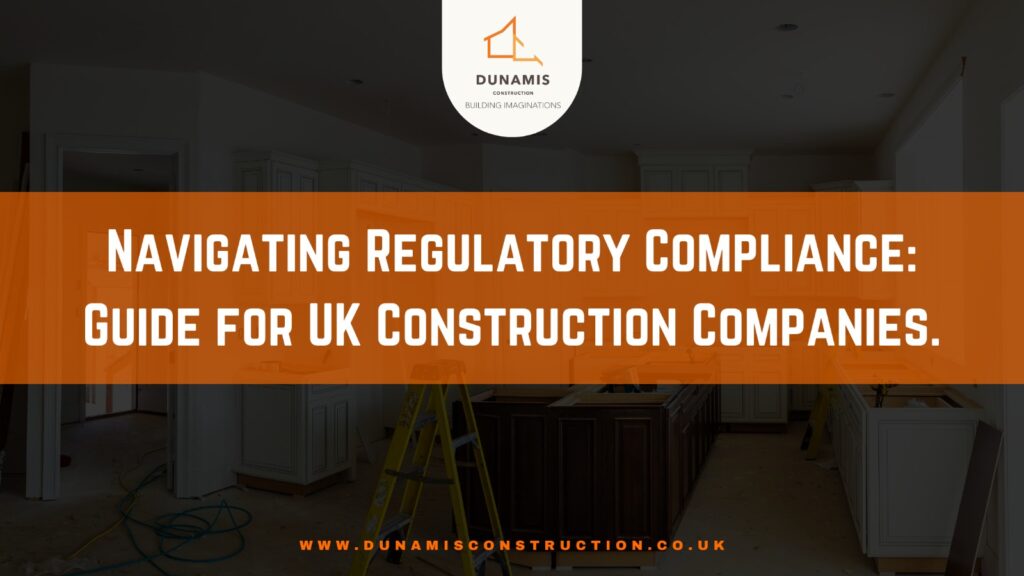Navigating the complex landscape of regulatory compliance is a crucial aspect of operating in the construction industry in the UK. With a myriad of laws, regulations, and standards to adhere to, construction companies must prioritize compliance to ensure the safety of their workers, the environment, and the public, while also avoiding costly fines and legal repercussions.
In this comprehensive guide, we will outline key regulatory requirements that UK construction companies need to consider and provide practical tips for navigating them effectively.
Health and Safety Regulations
Ensuring the health and safety of workers is paramount in the construction industry. The Health and Safety at Work Act 1974 lays down the foundation for health and safety regulations in the UK. Construction companies must comply with various regulations under this Act, including the Construction (Design and Management) Regulations 2015 (CDM), which aim to improve health and safety in the industry.
To comply with CDM regulations, construction companies must appoint a competent Principal Designer and Principal Contractor for each project, conduct thorough risk assessments, and ensure adequate welfare facilities are provided on-site. Regular inspections and audits should also be conducted to identify and address any potential hazards.
Environmental Regulations
Construction activities have the potential to impact the environment through pollution, waste generation, and habitat destruction. Compliance with environmental regulations is therefore essential for mitigating these impacts and ensuring sustainable construction practices.
The Environmental Protection Act 1990 and the Environmental Permitting (England and Wales) Regulations 2016 set out the legal framework for environmental compliance in the UK. Construction companies must obtain the necessary permits and licenses for activities such as waste disposal, water discharge, and air emissions.
Implementing environmental management systems, such as ISO 14001, can help construction companies demonstrate their commitment to environmental sustainability and improve their compliance with regulations.
Building Regulations
Building regulations set out minimum standards for the design, construction, and alteration of buildings to ensure the safety and welfare of occupants. Compliance with building regulations is mandatory for all construction projects in the UK.
The Building Act 1984 and the Building Regulations 2010 (as amended) govern building regulations in England and Wales, while separate regulations apply in Scotland and Northern Ireland. Construction companies must ensure that their designs and construction methods comply with these regulations, covering aspects such as structural integrity, fire safety, and accessibility.
Engaging with building control authorities early in the project planning process can help construction companies identify and address compliance issues before construction begins, saving time and resources in the long run.
Employment Law
Construction companies must also comply with various employment laws governing aspects such as working hours, wages, and employee rights. The Employment Rights Act 1996, the Equality Act 2010, and the Construction Industry Scheme (CIS) are just a few examples of legislation that construction companies need to navigate.
To ensure compliance with employment law, construction companies should implement robust HR policies and procedures, provide adequate training to staff, and stay informed about changes in legislation. Engaging with legal advisors or HR professionals can also help companies navigate complex employment law issues.
Conclusion
Navigating regulatory compliance is a multifaceted challenge for UK construction companies, but it is essential for ensuring the safety of workers, protecting the environment, and maintaining legal compliance. By staying informed about relevant regulations, implementing robust management systems, and seeking professional advice when needed, construction companies can navigate the regulatory landscape effectively and build a reputation for excellence in compliance and sustainability.

